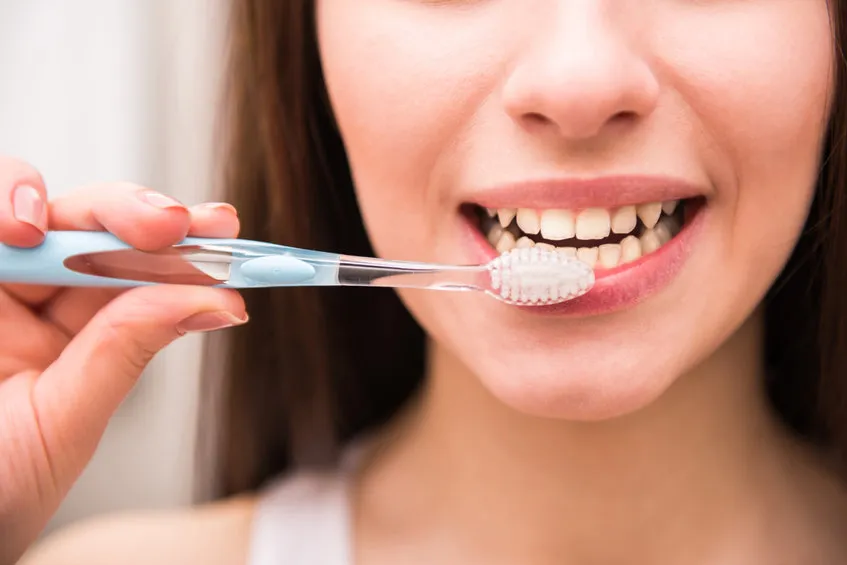Oral diseases not only cause discomfort and physical symptoms, but they are a significant burden on healthcare systems and economies globally. Missed work opportunities, decreased quality of life and an increase in treatment costs all add up.
This study utilizes nationally representative European Health Interview Survey data for an in-depth investigation of how socioeconomic/lifestyle factors and oral health interact. Results demonstrate strong correlations among factors like age, residence, education level, financial status and health-related behavior.
Poor Oral Hygiene
Good oral hygiene involves more than simply brushing your teeth; it is an integral component of good overall health. Failing to practice regular oral hygiene practices could result in serious dental and health complications including tooth decay, gum disease and infections of the mouth – as well as potential dental treatments like root canal treatments or crown replacement surgery.
Poor oral hygiene can have adverse repercussions for other parts of the body, from your lungs to immune defense systems. Studies indicate that bacteria from your mouth entering your bloodstream could spread further throughout your system and lead to serious conditions like respiratory infections, arthritis or even cancer.
Healthcare professionals continue to confirm evidence of an oral-systemic link. That is why it is so essential for individuals of all ages and stages of life to practice good oral hygiene habits from an early age and carry them throughout life; good dental habits will ensure long and happy lives for everyone involved, while poor dental health has psychosocial ramifications which reduce quality of life significantly.
Poor Diet
Studies have repeatedly demonstrated the link between diet and oral diseases, like dental caries, and unhealthily made dietary choices and malnutrition or obesity and noncommunicable diseases such as cardiovascular diseases or diabetes.
Socioeconomic position appears to have an indirect influence on diet’s effect on oral health – children from low-income families tend to experience worse oral health outcomes compared to those from higher social classes, likely due to consuming more sugary and refined carb-laden foods and reduced tooth brushing frequency rates and other oral hygiene practices.
SEM was used to evaluate the role of family income as a mediator in the relationship between clinical measures and OHRQoL; results demonstrated that 7% of decayed tooth effect on OHRQoL passed through this variable; similarly 2% of missing teeth effect, 4% gingivitis effect and 12% malocclusion effects all passed through as well. These results underscore the necessity of interventions designed to decrease diet inequality while improving population health and well-being overall.
Poor Immune System
Your immune system is a miraculous thing, protecting you against bacteria, viruses and fungi that could make you sick while helping fight back when infections do arise.
Saliva plays an essential role in maintaining a robust immune response in your mouth. Saliva works to neutralize harmful microorganisms which may cause oral diseases like tooth decay and gum disease.
Research has demonstrated that an impaired immunity system can have detrimental consequences for oral health. This is because our immune systems only have so many resources available to them to fight off infections from bacteria and viruses; when stretched too thinly they become overwhelmed and more people fall ill than expected. For this reason it is crucial to practice good oral hygiene and visit your dentist regularly, both of which will keep your immunity system working as it should and help ensure ongoing wellness and good overall health and wellness.
Lack of Access to Dental Care
Many individuals do not receive the dental care they require, leading to poor oral health that causes discomfort and can lead to other issues, including pain in children with untreated tooth decay who are less likely to eat well and are more prone to bullying at school; additionally, those suffering toothache miss school due to missing their classes – an estimated annual loss of 34 million hours of learning time!
KFF found that access to dental care varies significantly by state, even among states that offer comprehensive Medicaid dental coverage. Their researchers discovered that between Alabama and Tennessee the share of adults enrolled in Medicaid who reported receiving any dental services within the past year ranged from under 5% up to over 30% in Montana, Connecticut, and Minnesota.
These disparities represent inequality in health care. To address them effectively, the key is ensuring that disadvantaged social groups have equal chances for healthful living – this requires both universal and targeted interventions at both community level to make it easier for people to access quality dental care services.








